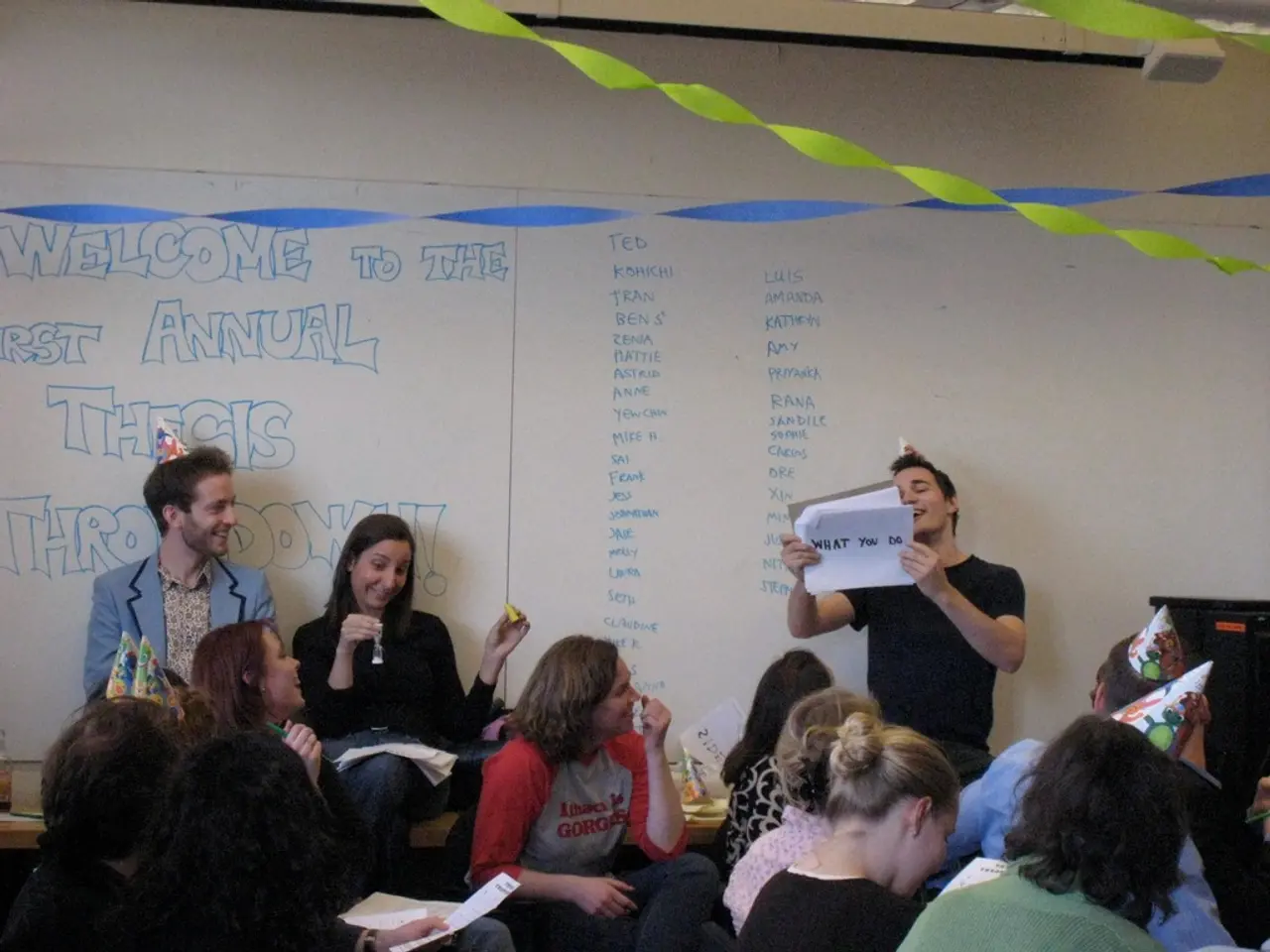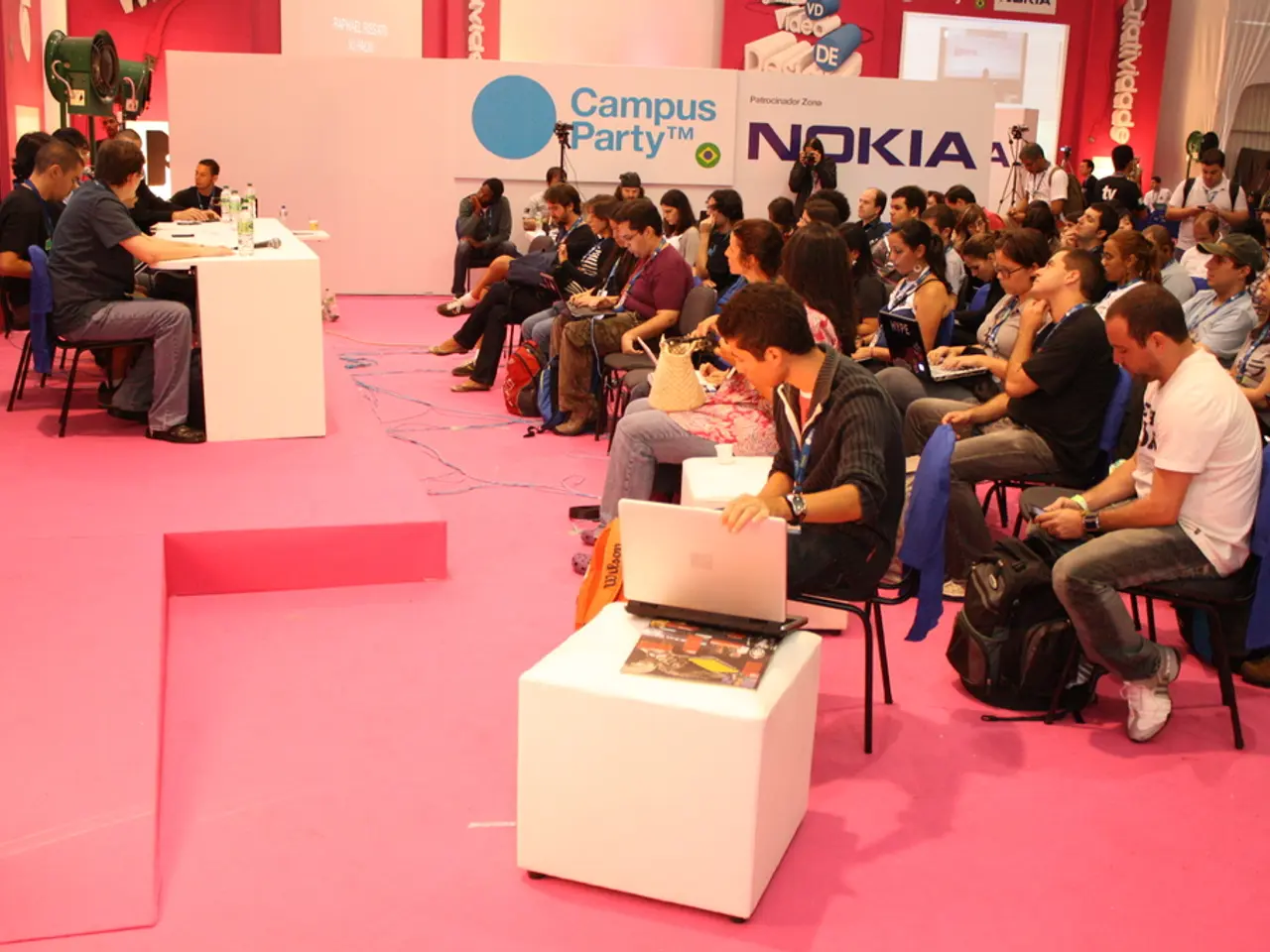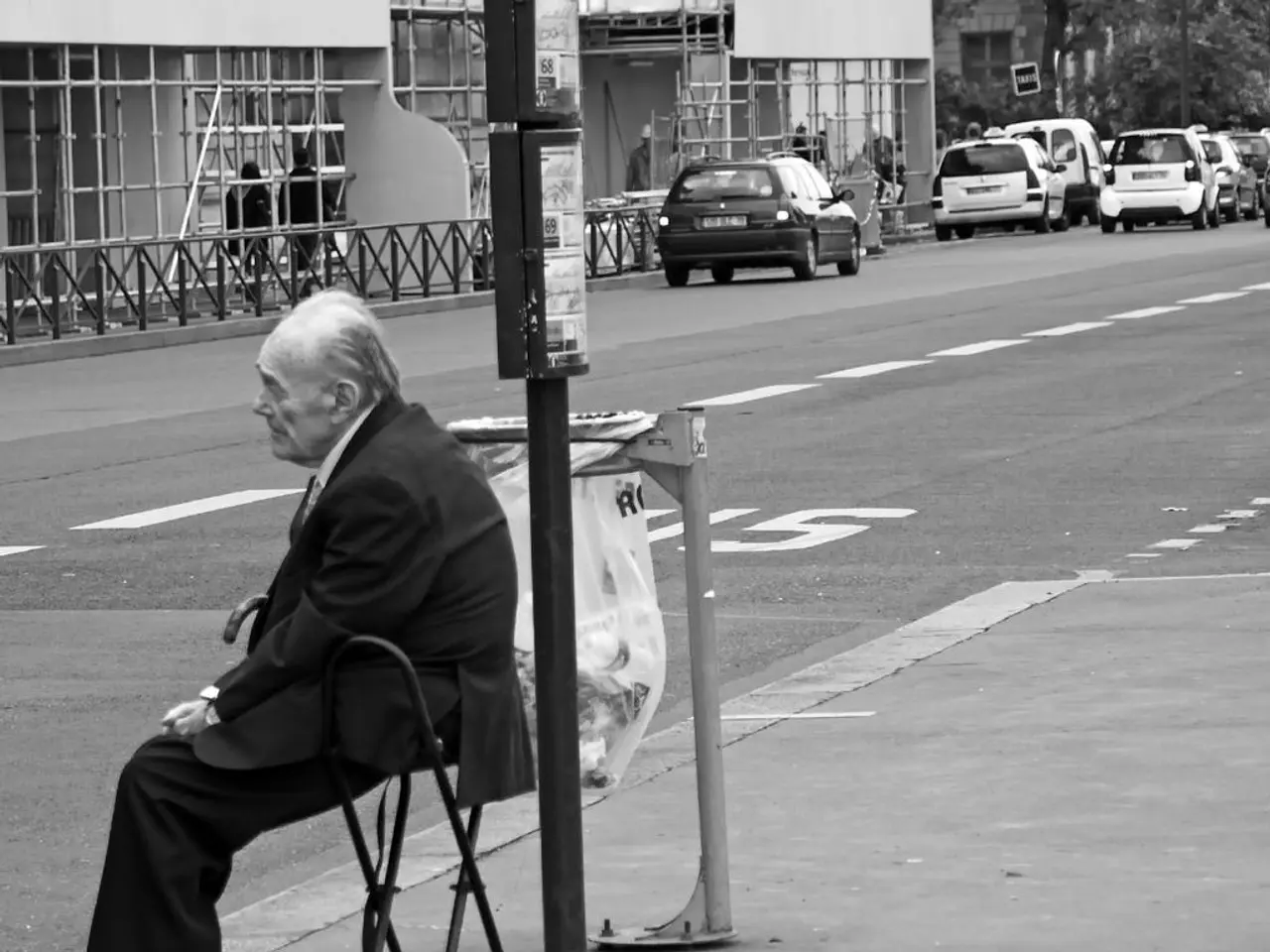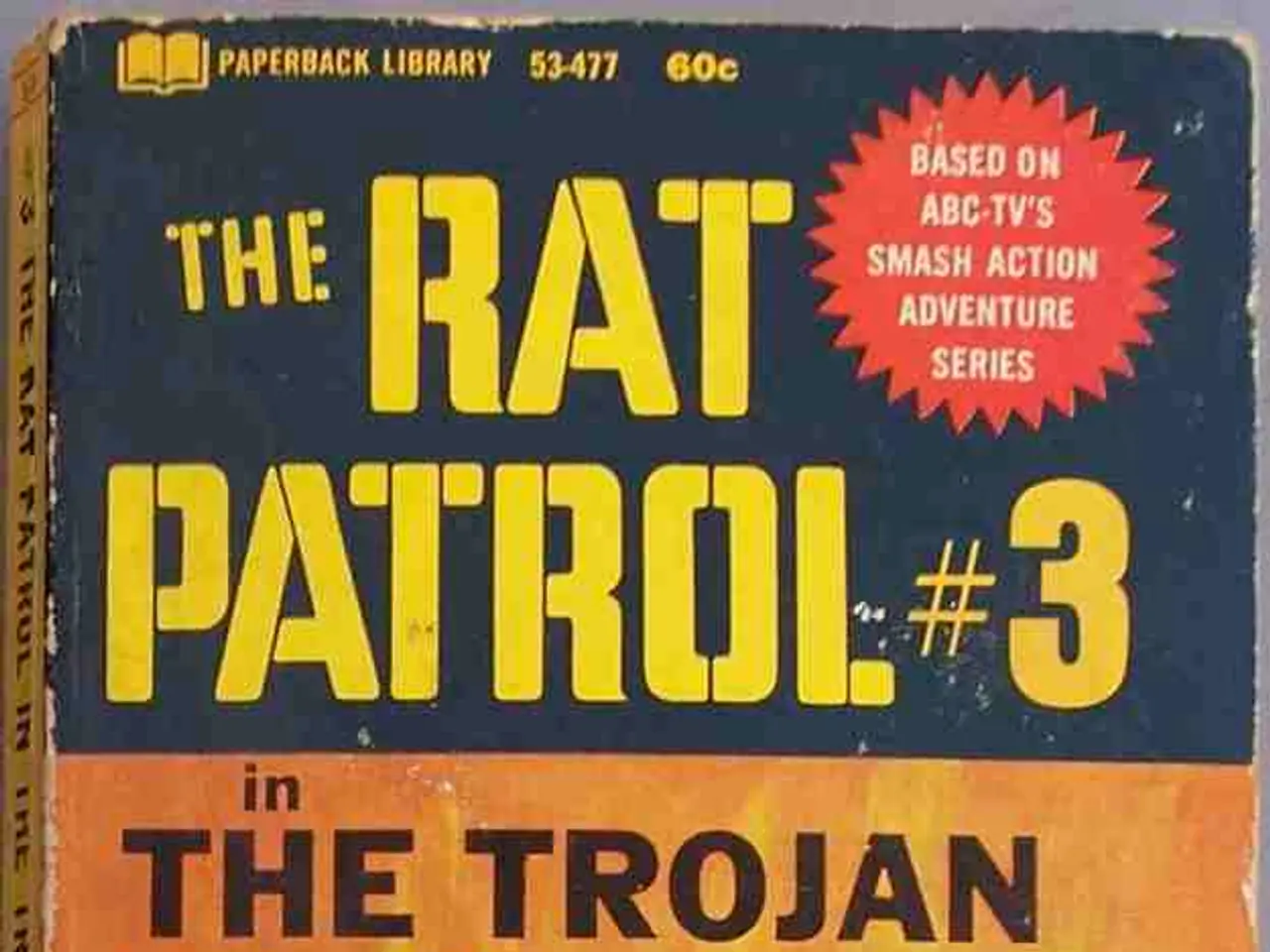Hiroshima honors the memories of those who perished in the atomic explosion 80 years since the tragic event
In the aftermath of World War II, the devastating atomic bombings of Hiroshima and Nagasaki left an indelible mark on Japan's history. On August 6, 1945, the U.S. bomber Enola Gay dropped the first atomic bomb, "Little Boy," over Hiroshima, resulting in an estimated 140,000 deaths by the end of the year. Three days later, a second bomb, "Fat Man," was dropped over Nagasaki, causing further destruction and loss of life.
Today, these same weapons are being considered as tools of pressure, a stark reminder of the past that continues to shape Japan's future. The memories of the "Hibakusha," survivors of the atomic bombings, are fading, and their testimonies and appeals against nuclear weapons are losing their impact, even in Japan.
Japan's nuclear policy today navigates a complex balance between maintaining its commitment to nuclear disarmament rooted in the Hibakusha legacy and adapting to increased security concerns and energy needs. The government continues recognition and support for those affected by atomic bombings, aiming to keep the historical experience acknowledged. However, the fading generation requires Japan to find new means to convey the horrors of nuclear war amid rising military spending and defense considerations.
The gradual loss of firsthand Hibakusha voices presents challenges to sustaining the moral anti-nuclear message. Last year, the Japanese organization Nihon Hidankyo, consisting of survivors of the atomic bombings of Hiroshima and Nagasaki, was awarded the Nobel Peace Prize, a testament to their unwavering advocacy.
On the military front, Japan is increasing defense expenditures, reflecting regional security pressures. Prime Minister Shigeru Ishiba has reaffirmed that the government remains committed to the three non-nuclear principles, but Japan is also significantly beefing up its military in response to the Russian invasion of Ukraine, China's growing power, and the threat from North Korea.
In parallel, Japan is expanding its domestic nuclear energy capacity as part of a shifting energy policy triggered by global energy shocks and rising power demands. This reflects a pragmatic shift toward nuclear power to ensure energy security, despite residual Fukushima concerns. The government continues to promote nuclear abolition advocacy within the Nuclear Nonproliferation Treaty (NPT) framework, emphasizing dialogue with nuclear powers as essential to disarmament.
However, there are voices in Japan calling for the country to acquire nuclear weapons, despite it being the only country to have experienced an atomic bombing. This dual approach shows Japan grappling with its historic anti-nuclear legacy while adjusting to contemporary geopolitical and energy realities.
As the risk of a nuclear conflict is growing again, as warned by UN Secretary-General António Guterres, Japan's path forward remains uncertain. The youth of today know little about the war, often learning about it from sensational manga comics, tear-jerking TV dramas and films, or lurid internet content. It is crucial that Japan finds ways to educate its youth about the horrors of nuclear war and the importance of peace, ensuring that the lessons of the past are not forgotten.
- The gradual loss of firsthand Hibakusha voices presents challenges to sustaining the moral anti-nuclear message, especially as war-and-conflicts politics and general news continue to emphasize rising military spending and defense considerations.
- In parallel to expanding its domestic nuclear energy capacity, Japan is also grappling with voices calling for nuclear weapon acquisition, a stark reminder of the potential impact of war-and-conflicts politics, even as it navigates its historic anti-nuclear legacy and contemporary energy needs.





